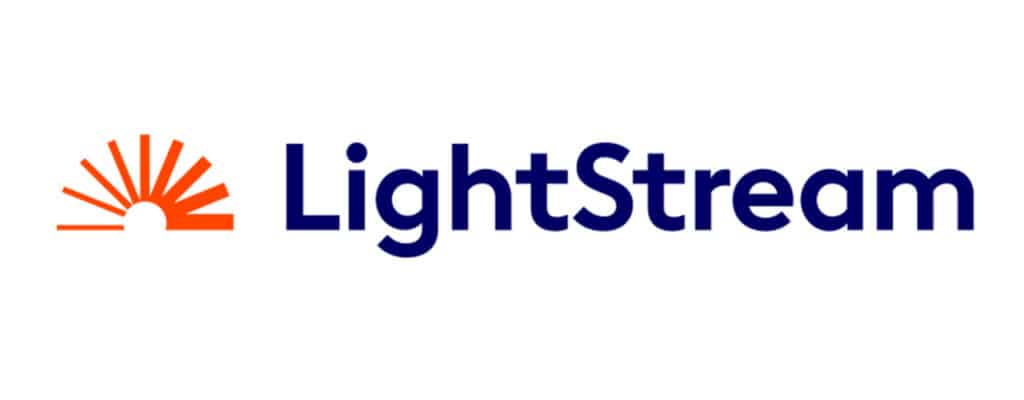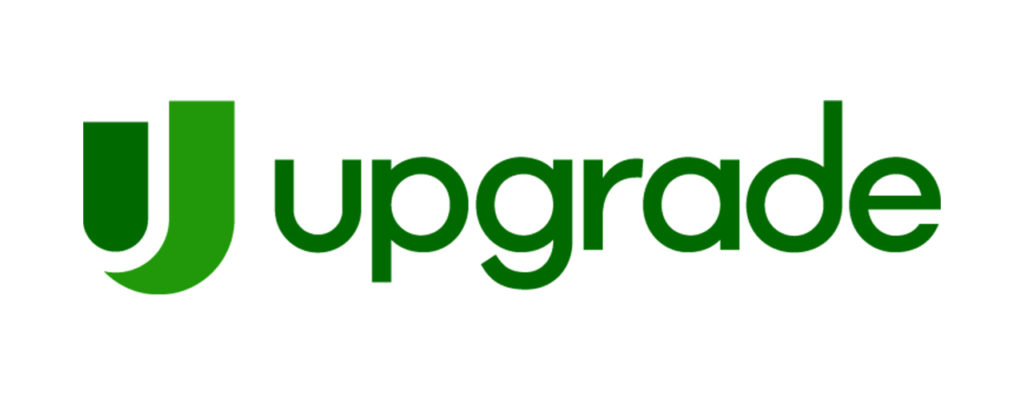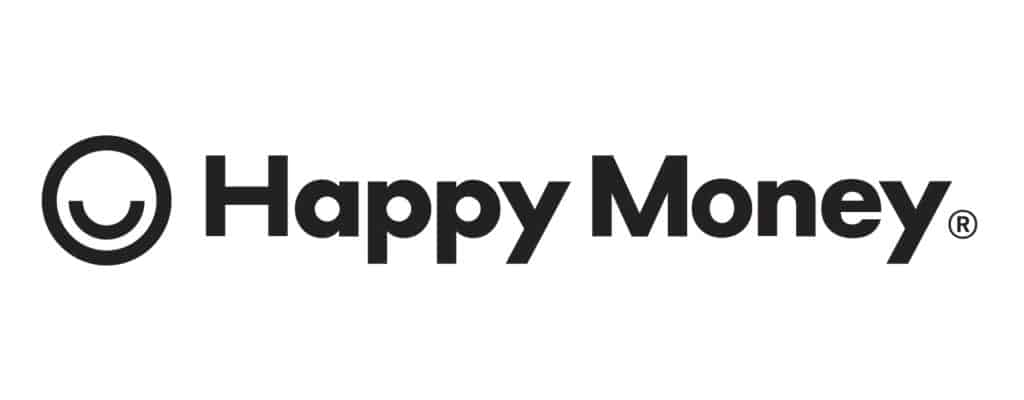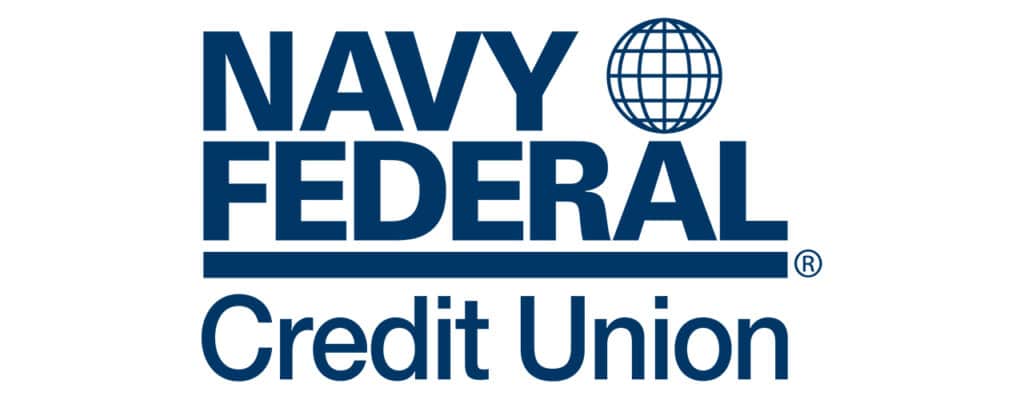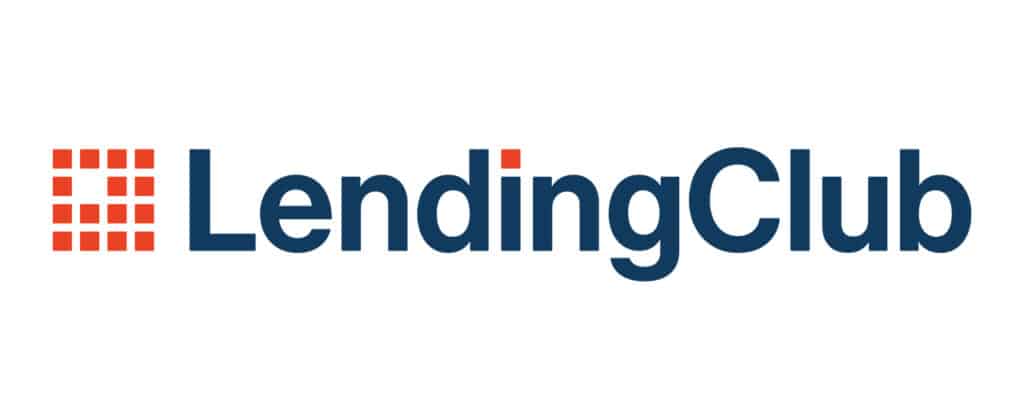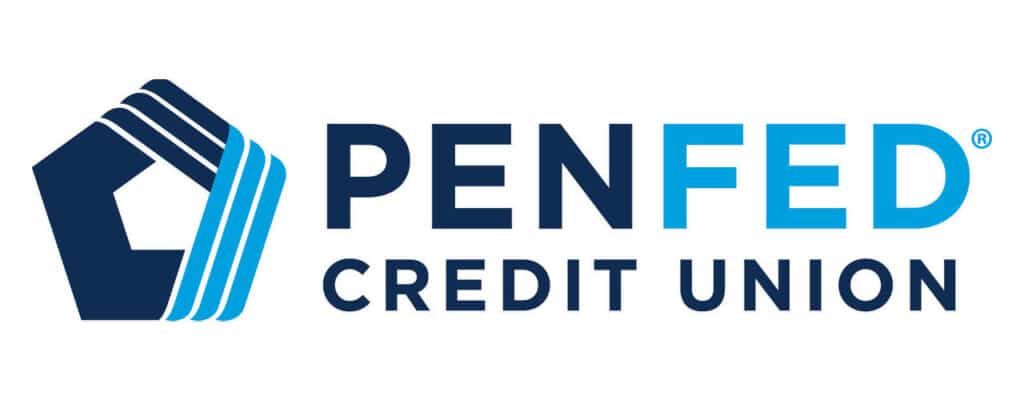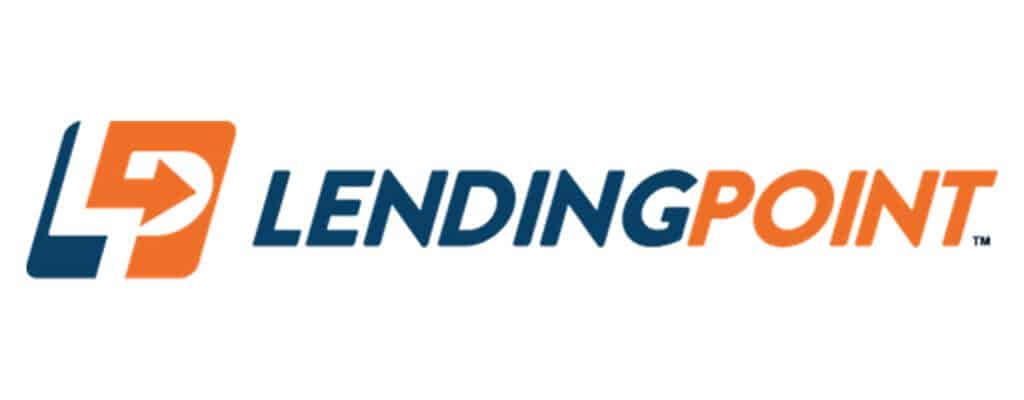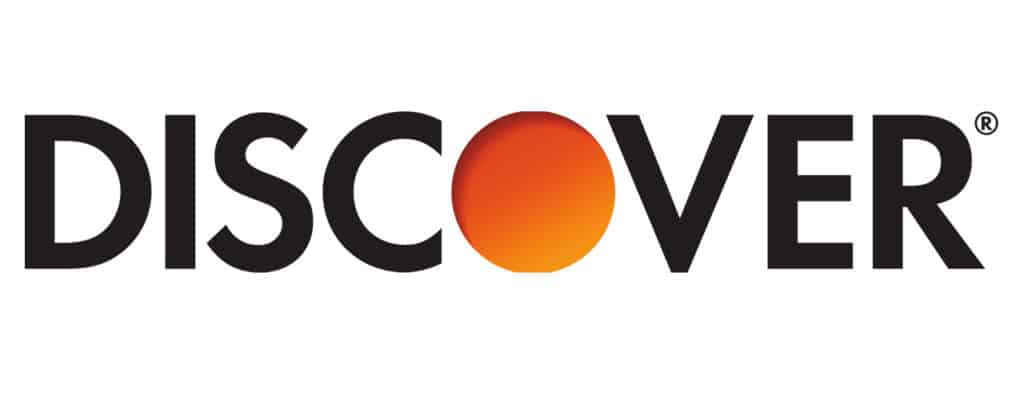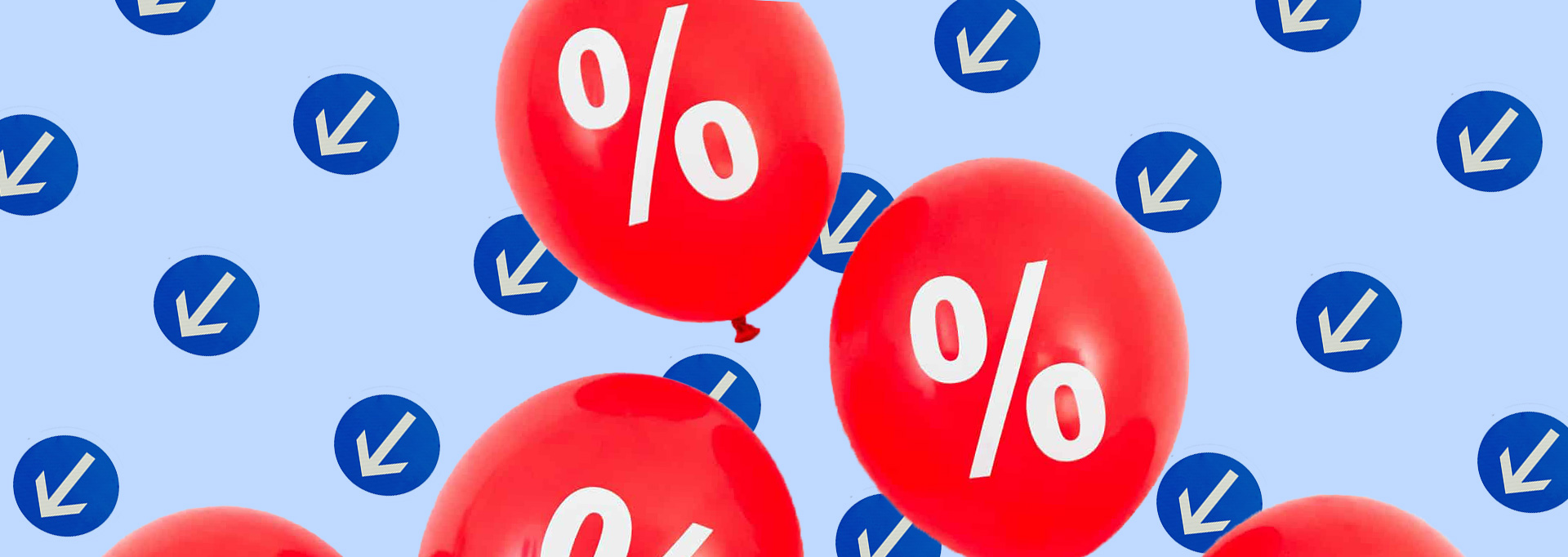Most products on this page are from partners who may compensate us. This may influence which products we write about and where and how they appear on the page. However, opinions expressed here are the author's alone, not those of any bank, credit card issuer, airline or hotel chain.
If you're struggling with high-interest debt, you're far from alone. Credit card companies raked in a massive $120 billion from Americans from 2018 to 2020, according to the
One oft-touted solution to expensive variable-rate credit card debt is taking out a debt consolidation loan. In the right situation, these loans can really help you—but you’ll need to be a smart shopper when comparing options so you don’t end up in a worse situation.
We'll explain how a debt consolidation loan works, how to tell whether it's right for you and, if it is, how to make the most of this opportunity to pay off credit card debt faster.
Best Debt Consolidation Loans
You can get a debt consolidation loan from just about any lender offering a personal loan. However, our editorial team has picked out a few that may be a good fit for borrowers in different situations:
- Best for Low Rates: LightStream
- Best for Bad Credit: Upgrade
- Best for Credit Card Payoff: Happy Money
- Best for Military Members: Navy Federal Credit Union
- Best for Small Loan Amounts: LendingClub
- Best for No Fees: PenFed
- Best for Fast Funding: LendingPoint
- Best for Good Credit: Discover
Loan results will vary based on creditworthiness, loan purpose, loan amount, and other factors.
Best for Low Rates
LightStream
- Loan Amounts$5,000 – $100,000
- Loan Terms24 – 144 months
- APR Range7.49% – 25.49% (with autopay)
- Minimum
Credit Score660 or aboveA credit score is used to indicate the creditworthiness of an applicant, but it is only one of several factors considered for approval. These credit scores alone are not guarantees for approval and should only be used as guidelines.
LightStream is a solid online lender offering no fees, high loan maximums and low-rate personal loans for several purposes.
Overview
LightStream offers personal loans for several purposes, including debt consolidation, medical expenses, home improvement, weddings, car purchases and more, making this worth considering for those seeking flexibility. The lender offers relatively low rates compared to competitors, including autopay discounts. Its personal loans also have no origination fees or late fees, which can help keep borrowing costs low. However, borrowers will likely need to have good-to-excellent credit in order to be approved for a LightStream personal loan. Overall, it’s a good lender to add to your shortlist if you’re looking for flexible funding, no fees and a low APR. Lightstream may also disburse loans as soon as the same day you’re approved, making this lender a worthy choice if you need fast funding.
Pros
- Low minimum APR
- No origination fees, no late fees
- High loan maximum of $100,000
- Autopay discount
- Joint applications allowed
Cons
- Rates and terms vary by loan purpose
- No soft pull prequalification
- Must have good-to-excellent credit
- No physical branches
Best for Bad Credit
Upgrade
- Loan Amounts$1,000 – $50,000
- Loan Terms24 – 84 months
- APR Range8.49% - 35.99%
- Minimum
Credit Score560 or aboveA credit score is used to indicate the creditworthiness of an applicant, but it is only one of several factors considered for approval. These credit scores alone are not guarantees for approval and should only be used as guidelines.
Borrowers with less-than-stellar credit profiles may find Upgrade personal loans accessible, and its quick funding and flexible payment due dates convenient.
Overview
Upgrade offers personal loans that are accessible to those with not-so-ideal credit scores. The low loan minimum of $1,000 also makes it an easy choice for those with small financing needs. However, borrowers in certain states will be subject to higher minimum loan amounts. With this lender, you can expect to pay an origination fee. Borrowers can view their rate before applying without impacting their credit score. Overall, Upgrade is worth considering if you’re looking for a lender that is willing to work with lower credit scores and offers loans with competitive rates and flexible terms.
Pros
- Accessible to borrowers with bad credit
- Flexible loan terms
- Joint applications allowed
- Secured loan options
- Direct payment to creditors
Cons
- Has origination fees
- No physical branches
- Higher APRs than some competitors
Best for Credit Card Payoff
Happy Money
- Loan Amounts$5,000 – $40,000
- Loan Terms24 – 60 months
- APR Range11.72% – 17.99%
- Minimum
Credit Score640 or aboveA credit score is used to indicate the creditworthiness of an applicant, but it is only one of several factors considered for approval. These credit scores alone are not guarantees for approval and should only be used as guidelines.
Happy Money can help pay off and consolidate credit card debt into one fixed monthly payment.
Overview
Happy Money, formerly known as Payoff, offers loans for credit card debt payoffs. Eligibility is clearly stated online, so borrowers will appreciate the transparent criteria. Borrowers have the option to have Happy Money deposit funds directly to their credit cards to help streamline the payoff process. Funding can take between three to six business days, which is longer than other lenders, but still considered a decent turnaround time.
Personal loans are accessible to borrowers with fair credit, and there are no options for co-signers or joint applicants. Unfortunately, the loans are not available in Massachusetts or Nevada, so borrowers will need to look elsewhere for lending options.
Pros
- No late fees
- Direct payment to creditors
- Prequalification with no hard credit check
- All loans come with a hardship payment protection plan
Cons
- Most loans can only be used to pay off credit card debt
- Has origination fees
- High loan minimum
- No joint or co-signed loans
- Not available in all states
- Funding slower than other lenders
Best for Military Members
Navy Federal Credit Union
- Loan Amounts$250 – $50,000
- Loan TermsUp to 180 months
- APR Range8.99% – 18.00%
- Minimum
Credit ScoreNoneA credit score is used to indicate the creditworthiness of an applicant, but it is only one of several factors considered for approval. These credit scores alone are not guarantees for approval and should only be used as guidelines.
Personal loans from Navy Federal Credit Union come with no origination fees, quick funding, and can be a good fit for borrowers with less-than-ideal credit.
Overview
To qualify for Navy Federal Credit Union loans, you’ll need to be a member: you need to be a veteran, active-duty service member, Department of Defense personnel, or eligible military family member. In addition to offering co-signed personal loans for borrowers with less-than-perfect credit, Navy Federal Credit Union also offers secured personal loans. Borrowers won’t pay an origination or prepayment fee, and funding can be available as quickly as the same day. It’s worth putting this lender on your shortlist if your credit isn’t great and you’re looking to compare loan options.
Pros
- Fast funding available
- Minimum loan amounts as small as $250
- Lengthy repayment terms up to 180 months for home improvement loans
- Co-signer option available
- No origination fee
- Secured loan options available
Cons
- High minimum loan amounts for longer-term loans
- Need to be a member to get a loan
Best for Small Loan Amounts
LendingClub
- Loan Amounts$1,000 – $40,000
- Loan Terms24 – 60 months
- APR Range9.57% – 35.99%
- Minimum
Credit Score600 or aboveA credit score is used to indicate the creditworthiness of an applicant, but it is only one of several factors considered for approval. These credit scores alone are not guarantees for approval and should only be used as guidelines.
Borrowers in the fair credit range who need a small loan can appreciate LendingClub's quick funding and option for direct payments to creditors with debt consolidation loans.
Overview
LendingClub can be a good fit for those looking to consolidate high-interest debt, as they offer the ability to pay your creditors directly from your loan. You can also use LendingClub loans for almost any purpose, from home improvements to medical bills. Eligible borrowers who need some assistance qualifying can apply for a joint loan, and borrowers can expect to receive funding as soon as 24 hours after approval. However, APRs do start at relatively higher rates than some competitors.
Pros
- Low minimum loan amount
- Fast funding for personal loans (receive funds as little as 24 hours after approval)
- Joint loans allowed
- Direct payment to creditors
- Check rates without a hard credit inquiry
Cons
- Has origination fees
- No physical branches
- Lower maximum loan amount than some lenders
Best for No Fees
PenFed Credit Union
- Loan Amounts$600 – $50,000
- Loan Terms12 – 60 months
- APR Range7.99% – 17.99%
- Minimum
Credit Score700 or aboveA credit score is used to indicate the creditworthiness of an applicant, but it is only one of several factors considered for approval. These credit scores alone are not guarantees for approval and should only be used as guidelines.
PenFed offers no fees and small personal loans as low as $600.
Overview
While you will need to become a PenFed member if you decide to get a personal loan there, anyone can apply for membership and the process is quick and simple. Many lenders have relatively high minimum loan amounts, but PenFed offers loans as small as $600, with no origination fees and competitive APRs. If you’d like to view personal loan rates with PenFed, you can do so without impacting your credit score.
Pros
- Pre-qualification is available
- No origination fee, hidden fees or prepayment penalties
- Borrow as little as $600
- Allows co-borrower
- Funding as early as 1-2 business days after approval
Cons
- Must be a member to receive the loan
- No option for direct payment to creditors for debt consolidation
Best for Fast Funding
LendingPoint
- Loan Amounts$2,000 – $36,500
- Loan Terms24 – 72 months
- APR Range7.99% – 35.99%
- Minimum
Credit Score600 or aboveA credit score is used to indicate the creditworthiness of an applicant, but it is only one of several factors considered for approval. These credit scores alone are not guarantees for approval and should only be used as guidelines.
LendingPoint offers fast personal loans with flexible credit requirements, making it accessible for borrowers with less-than-ideal credit.
Overview
LendingPoint uses technology to help evaluate potential borrowers and has more flexible credit score requirements than some competitors. Its personal loan APRs are fairly competitive, and loan funds can be disbursed in as soon as one business day. However, borrowers may need to pay an origination fee, ranging from 0% to 8% of the total loan amount. Still, LendingPoint’s low minimum credit score and lengthy maximum repayment term make it a compelling offering.
Pros
- Fast funding available
- Low minimum credit score requirement
- Long repayment terms up to 72 months
Cons
- Relatively low maximum loan amount ($36,500)
- No physical locations
- Origination fee may apply (0% to 8%)
Best for Good Credit
Discover Personal Loans
- Loan Amounts$2,500 - $40,000
- Loan Terms36 - 84 months
- APR Range7.99% - 24.99%
- Minimum
Credit Score660 or aboveA credit score is used to indicate the creditworthiness of an applicant, but it is only one of several factors considered for approval. These credit scores alone are not guarantees for approval and should only be used as guidelines.
Discover offers personal loans up to $40,000 and no origination fees or prepayment penalties.
Overview
Best known for its credit cards, Discover also offers a range of banking and lending products, including personal loans. Its maximum loan amount is just $40,000, which is relatively low compared to certain competitors. A notable perk of Discover personal loans is that borrowers benefit from no origination fees or prepayment penalties, and an APR range that’s comparable to what other lenders offer.
Discover also provides a credit score range of 660 to 850 on its personal loan page, suggesting its willingness to work with prospective borrowers with fair credit. Many lenders require good or excellent credit, so this accessibility sets Discover apart. Just be aware that if your credit isn’t great, your loan’s interest rate will likely be higher.
Pros
- Competitive APRs
- May be available to fair-credit borrowers
- No origination fees
Cons
- Low maximum loan amount
- No co-borrowers permitted
How Debt Consolidation Loans Work

A debt consolidation loan is any fixed-rate, low-interest loan you take out to repay other debt. Borrowers receive a lump-sum loan they can use to pay multiple creditors off, then focus only on repaying the debt consolidation loan. Some lenders also have the ability to send the loan payment directly to creditors.
People take out debt consolidation loans for a lot of different reasons:
- Get a better interest rate so the debt is cheaper overall
- Get a longer loan term so monthly payments are more affordable
- Get a shorter loan term so you can pay off your debt sooner
- Combine multiple loans together, such as student loans
One of the most common reasons people take out debt consolidation loans is to repay their credit card debt faster. According to November 2022 data from the Federal Reserve, the average credit card charges 20.40% APR (annual percentage rate), while the average 24-month personal loan charges an 11.23% APR, nearly half the interest. At that rate, it could take more than a decade to pay off a $3,000 credit card balance if you only pay the minimum balance due. With a personal loan, you could pay off that balance in three to five years with steady payments.

Should I Get a Loan to Pay Off Credit Card Debt?
Pros and Cons of Debt Consolidation Loans
Make sure you take these factors into account when deciding whether a debt consolidation loan is right for you:
Pros
- Can help you save money
- Can improve your credit score
- Can help you become debt free sooner
- Can help you lower your monthly payment
Cons
- Can be costly
- Can harm your credit score
- Can tempt you to get back into debt
- May need someone to co-sign on your loan
Pros
- Can help you save money: If you can pay off the same amount of debt with a lower interest rate, you may be able to save a lot of money in interest. This is especially true if your loan has a shorter term length because you’ll pay that lower rate for a shorter amount of time.
- Can improve your credit score: Converting revolving debt like credit cards into an installment loan can increase your credit score, especially if you don't already have any other loans. Making all of your payments on time can also help improve your credit score.
- Can help you become debt free sooner: If you can get a better rate, more of your payment will go toward paying down your loan each month instead of the interest. Shorter term loans can also make it easier to pay it off sooner, rather than just paying the minimum credit card balance each month indefinitely.
- Can help you lower your monthly payment: Getting a lower rate and taking out a longer-term loan can help lower your monthly payment. But remember that this could cause you to pay more interest in the long term.
Cons
- Can be costly: Many personal loans charge origination fees, which are subtracted from the loan amount given to you. Depending on the fee, this could render the loan less helpful than another alternative debt-paying strategy.
- Can harm your credit score: You may see a small temporary dip in your credit score if you apply for a personal loan because the lender will do a hard credit check. You'll also see your credit score go down if you miss any payments.
- Can tempt you to get back into debt: Unless you can keep your credit cards at a $0 balance going forward each month, it'll be easy to end up right back where you started, but with even more debt than before.
- May need someone to co-sign on your loan: If you don't have good or excellent credit, you may need to find someone willing to co-sign on your loan. This is a big favor to ask someone, as that person will be putting their credit on the line for you.
Choosing the Right Loan How to Choose the Best Debt Consolidation Loan for You
Tackling debt is hard—this is not a news flash. Luckily, taking out a debt consolidation loan is relatively simple. Here are some tips to keep in mind before you apply:
-
1
Make sure your credit report is accurate
Unfortunately, it’s common to have errors on your credit history that can drag your score down and penalize you unfairly. Check your credit report before you apply for a loan and fix any errors on your report to ensure you can get the most competitive rate.
-
2
Compare offers based on APR, not interest rate
The interest rate is only part of the loan cost; the APR accounts for your interest rate and other fees associated with the loan, like origination fees. That’s why it’s best to compare APRs to get a fuller picture of the cost of the loan.
-
3
Watch for fees
Lenders often deduct origination fees, along with other fees, from your loan amount. If so, you'll need to do some math to ensure you apply for the correct loan amount you need. Try to avoid loans with prepayment penalties, too, so you don’t get charged for paying your loan off early. A fee-free loan is often the best option if you meet pre-qualification requirements.
-
4
Look into balance transfer cards
Sometimes, a different route can make more financial sense—especially if you can't secure a low APR loan. Taking out a 0% intro APR balance transfer card, for example, can be a good interest-free option.
-
5
Use a debt consolidation calculator
The math can be tricky, but always run the numbers to ensure you’ll actually save money. A debt consolidation calculator can help you decide if a consolidation loan is worth doing.
-
6
Shop around as much as possible
The more lenders you prequalify with, the more likely you will find the best loan deal for you. Don't forget to check with your local credit unions and banks. Just make sure each lender does a soft credit check at this stage. Too many hard credit checks can harm your credit.
-
7
Consider adding co-applicants
If your credit isn't the best, you may have better odds of approval if you add a co-signer to your application. A co-signer is someone who agrees to repay the loan for you if you're not able. Similarly, a co-borrower, or someone who agrees to be jointly responsible for your loan, can help boost your approval odds.
Here Are the Best Balance Transfer Cards
Visit the Marketplace
Should You Take Out a Debt Consolidation Loan?
Debt consolidation loans aren't right for everyone. If you take one out when you're not ready, you could end up in even more debt than you started.
First, consider your credit score. You'll stand the best chance of being approved for a more competitive rate if you have good credit. You might be able to snag a slightly better rate than your current one with average credit, so it’s worth checking your options at the very least.
Next, consider your spending habits. Yes, credit consolidation loans are meant to manage credit card debt, but they’re only effective when you keep your spending in check. If you have high debt, it’s best to get a handle on that first by developing a habit of budgeting and saving. In turn, moderate debt and smart money management make getting back on track with a consolidation loan a bit easier.
FAQs About Debt Consolidation
-
While funding times vary by lender, most lenders can approve you within a business day or two after you apply. It could take longer if they need more information or if your account needs a closer review.
-
Yes, there are many lenders out there who offer debt consolidation loans or bad credit loans to borrowers with lower minimum credit scores. You'll need to be extra cautious to ensure the math works in your favor, as lenders may add more fees or approve a higher interest rate than they would for someone with excellent credit. You may also need to apply with a co-signer or co-borrower.
-
Not always. To get a big picture of your commitments, factor in any fees, interest rate, and loan terms (you can do this with a debt consolidation calculator). If you're stretching out your debt over a longer period, paying a higher interest rate, or incurring fees, a debt consolidation loan could be more expensive than your current setup over the long term.
-
No. You can consolidate as many or as few of your debts as you want.
-
Simply having a debt consolidation loan will not affect your credit. In fact, when you pay your monthly bill on time and in full each month—and use less credit overall—a debt consolidation loan can help improve your credit over time. On the flip side, if you make late payments, your credit score will likely decrease.
Most lenders will also do a hard credit check before approving your loan. A hard credit check places a small ding on your credit, lowering you score just a little. When you shop around for loan rates, lenders may run a soft credit check, but this type of check has no impact on your credit. Before applying for any loan, ask your loan what type of credit checkss they do so you won't be surprised.





